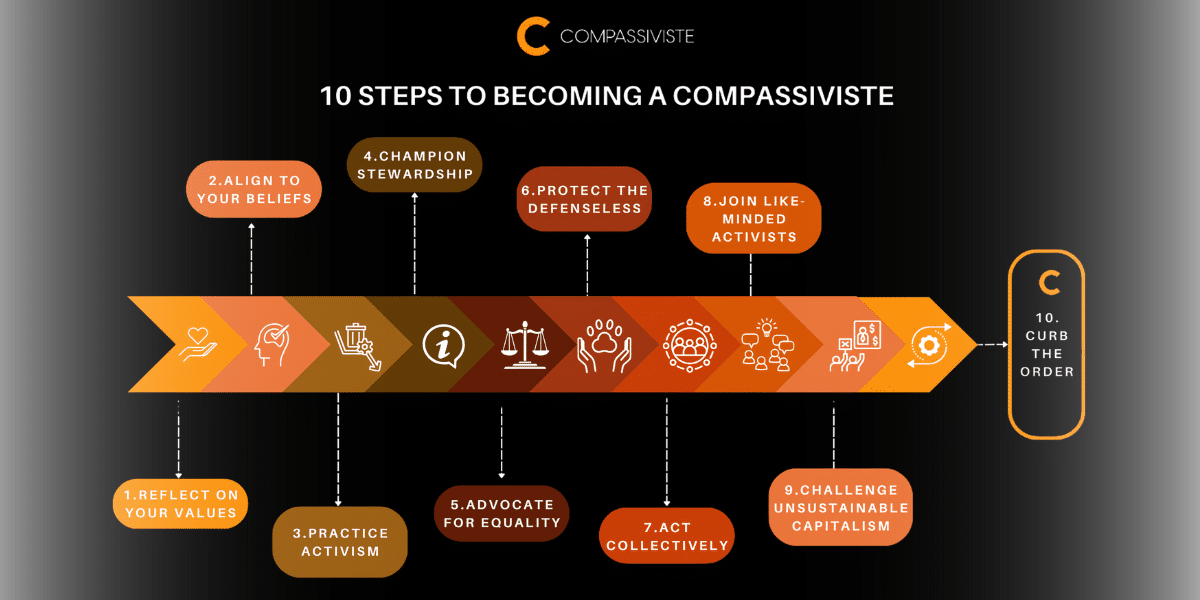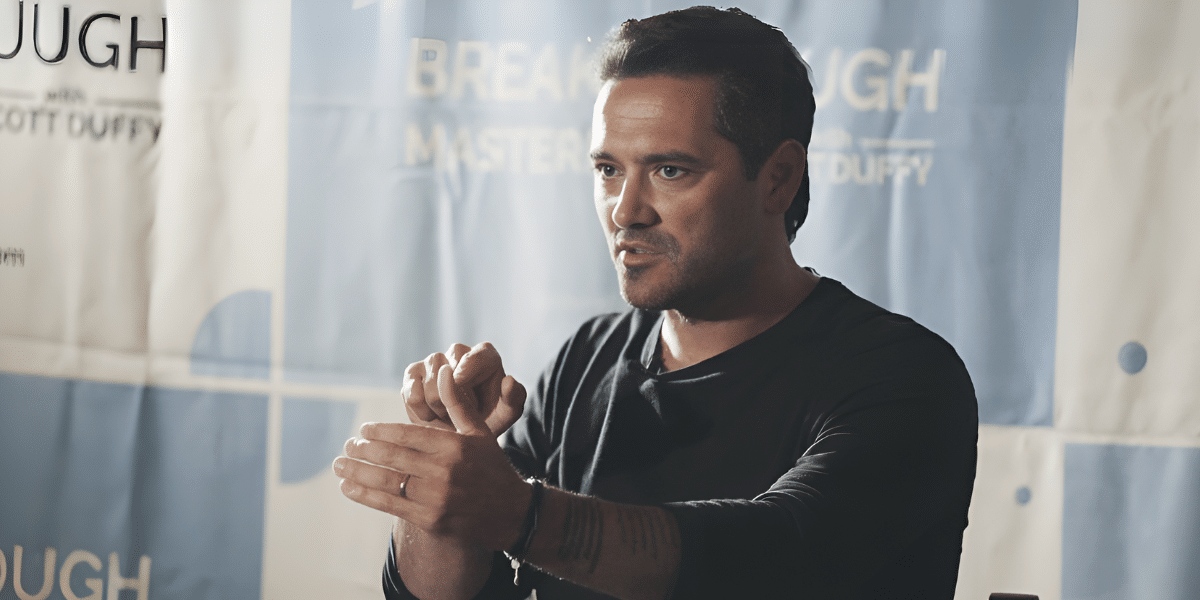By: Factfullguys
What do authors Alex Hormozi (100M Leads)i, Eric Jorgenson (The Almanack of Naval Ravikant), and Tim Ferris (4-Hour Work Week) all have in common?
Besides each of them selling millions of copies of books, having massive online audiences, and being top knowledge entrepreneurs?
They all are huge advocates of author-owned publishing.
“Alex, Eric, and Tim are prime examples of the shift we’ve been a part of over the last five years in books and publishing,” says Brian Bies, the head of publishing for Manuscripts, one of the top 15 global publishers and a two-time Inc. 5000 winner as the fastest growing private education businesses in the world.
Creative industries, from music to film and books to art, have all seen a massive change in the past decade as creatives and creators have replaced middlemen who long dominated the distribution of their work. Spotify, Amazon, and YouTube have replaced Universal Music Group, Random House Publishing, and Warner Brothers Films.
“Nearly every author I speak to now wants to ensure they own their rights, royalties, and intellectual property,” Bies says. “And I think we can thank Taylor Swift for drawing greater awareness to the issue.”
Swift famously battled music producer Scooter Braun who purchased rights to her songs without Swift’s permission from her previous label. When Braun refused to work with Swift, she took advice from Kelly Clarkson and decided to re-record all her music, creating a catalog branded as “Taylor’s Version.”
“I don’t think authors realized that the same thing was happening in books,” says Bies. “Traditional publishers own your intellectual property when you sign with them – all of it. We’ve had authors whose books have been put in the public domain, had their rights resold internationally, and had manuscripts go unpublished by their former publishers. It’s why people like Alex Hormozi, Eric Jorgenson, and Tim Ferris have decided to own their intellectual property with their books.”
For Bies and his partner Eric Koester, Manuscripts needed to reimagine publishing to become one of the first true ‘author-owned publishers.’ While traditional publishers own your rights and typically take 90-95% of the royalties of a book, they do provide the funding to produce the book, often investing $30,000 to $100,000 in the book before it’s released.
“For some people like Alex Hormozi or Tim Ferris, spending $50,000 to produce their next book is feasible,” Bies says. “But most of us don’t have that lying around. We realized that we had to redesign the publishing experience around the author and that meant rethinking how we help authors launch their books.”
“I had no idea I’d get so much support for a book that wasn’t even finished,” shared Scott White, the author of “Life is Too Short Guy” and the Chairman and CEO of Invesque, a public real estate investment company that specializes in health care and senior living property investments throughout North America. Invesque was the fastest-growing public real estate company in the United States for the first three years after its IPO in 2016.
“I sold 800 copies, speaking events, coaching, and more when I announced my book,” White continued. “So I own the book, but more importantly, I had this incredible community of supporters and backers.”
Bies has seen thousands of authors like White leverage author-owned publishing, mimicking what big-names like Hormozi and Ferris are doing. “Self-publishing gave people a vision of what was possible for modern authors. Author-owned publishing gave people a tool that is superior to the traditional publisher. You’ll see that more authors who could get a traditional publishing deal in 2024 and beyond are going to opt for author-owned publishing because they have to own their rights today.”
For White, he’s been on a global book tour, spoken at countless universities and events, and seen a book he’d been thinking about for decades reach a massive audience. “It’s been a whirlwind,” shares White.
“Modern authors are thinking about their rights and their reach,” says Bies. “I only expect this to continue in 2024 as we put the creator, the artist, and the author at the center of the creative economy. Ownership of a creator’s intellectual property and rights is the trend of 2024.”
Published By: Aize Perez












